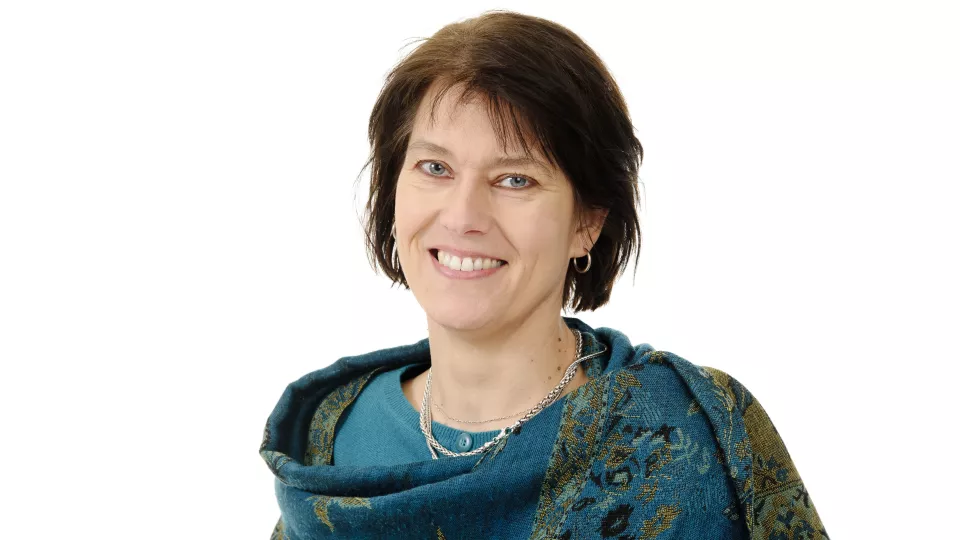Research Team:
Lisa Eklund, Associate Professor, Dept. of Sociology, LU
Catarina Kinnvall, Professor, Dept. of Political Science, LU
Helle Rydström, Professor (Coordinator), Dept. of Gender Studies, LU
Maria Tonini, Assistant Professor, Dept. of Gender Studies, LU
Abstract
Millions of employees around the world experience workplace violence on a frequent basis, yet the problem is particularly urgent in regard to women. According to international organizations (ILO 2016, 2017; WHO 2016), women are disproportionately affected by violence at the workplace where masculinized hierarchies and unequal power relations between the genders render women susceptible to various kinds of abuse.
While gendered workplace violence differs depending on sector and country, in the Asian context the problem is profound. In some settings, up to 60% of female employees report that they have experienced physical violence, including sexual, and harassment at their workplace (ILO 2016, 2017). Organizations such as the ILO, UN, UN Women, and WHO have all pointed out that violence against women comes with a high cost first of all for the abused woman but even for her children, family, and society at large as violence truncates a woman’s possibilities to fully engage with and contribute to her workplace and society.
As dynamic and fast growing Asian economies, China, India, and Vietnam have proven particularly attractive for Nordic companies searching for a venue for relocation (IMF 2011, 2016). These companies employ local female workers, yet virtually nothing is known about the ways in which women workers fare when employed in Nordic companies in Asia. Do female employees experience workplace violence? Do they resist it? And how do Nordic companies tackle workplace insecurity? (Butler, Gambetti & Sabsay 2016; Lindquist 2010; Massey 1993, 2009).
This serious lacuna in our knowledge will be directly addressed by this research project which focuses on precariousness, security, and violence encountered by female workers in the global economy (Butler, Gambetti & Sabsay 2016; Hearn & Heiskanen 2007). The project will examine Nordic companies outsourced to China, India, and Vietnam to unfold the ways in which flows from the Global North interconnect with the Global South and facilitate the production of workplace ‘power-geometries’ in which some have more powers than others, some are more in charge than others, and some might be harmed (Massey 1993, 2009).
By carefully investigating the consequences on the ground of encounters between global economic movements and local lifeworlds, the project will provide: (1) a sophisticated analytical prism for the study of gendered (in)security, precariousness, and violence; (2) important insights about workplace climate in outsourced Nordic companies; (3) fresh ethnographic data about gender specific experiences of abuse in the Nordic workplace located in Asia; and (4) novel knowledge about agential initiatives taken by both employers and employees to resist workplace abuse.


